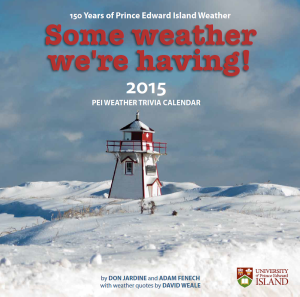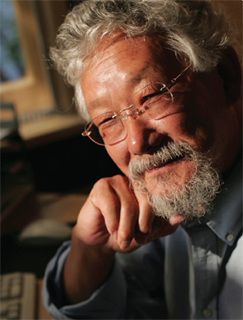Dr. Adam Fenech, director of UPEI’s Climate Research Lab, invites you to join in discussing the risks to homes, cottages and roads from coastal erosion and sea level rise in your community.
Dr. Fenech and staff will be visiting communities across the island in July demonstrating the Climate Lab’s latest innovation – CLIVE (CoastaL Impacts Visualization Environment) – a video game that simulates rising seas and increased coastal erosion on Prince Edward Island.
Attendees will be encouraged to share ideas on how best to deal with their vulnerability to sea level rise, and, through CLIVE, to view local areas that may be impacted.
Sessions will run from 7-8 PM. Drinks and light snacks will be provided
Victoria – Old School House (Victoria Rd.) – Tuesday, July 8th|
Souris – St. Mary’s Parish Hall – Wednesday, July 9th
Abram-Village – Rec Centre – Tuesday, July 15th
Montague – Wellness Centre – Thursday, July 17th
North Rustico – Lion’s Club – Tuesday, July 22nd
Charlottetown – Beaconsfield Carriage House – Wednesday, July 23rd
Summerside – Silver Fox Curling Club – Thursday, July 24th
Alberton – Community Centre – Wednesday, July 30th
Jointly sponsored by the PEI Department of Environment, Labour and Justice, and the Climate Research Lab at the University of Prince Edward Island.



